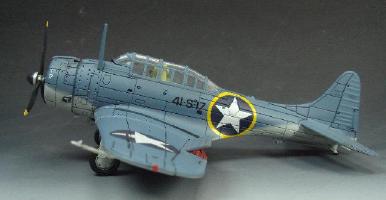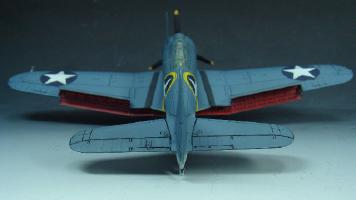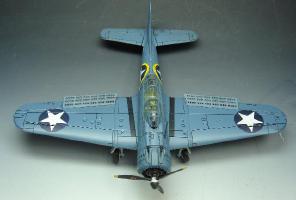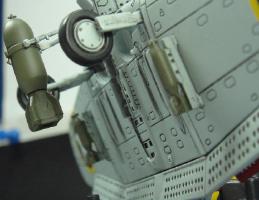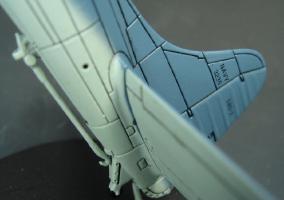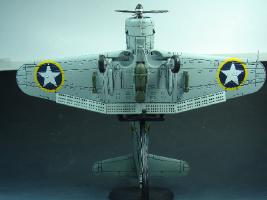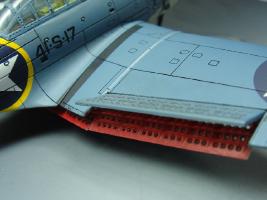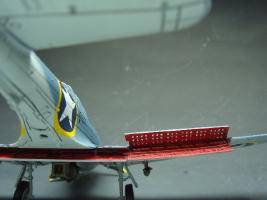Hobby Master Archive
Air Power Propellers 1/72
SBD
USA SBD-3 Operation Torch
At 0000 GMT on November 8, 1942 “Operation Torch” began. It was the most ambitious naval operation in the European-African theater. It was a combined effort by British and U.S. Forces to dislodge the French Vichy Forces from Morocco and Algeria. Also with Operation Torch taking place it means that the British under Montgomery aren’t the only opposition for Rommel. The Vichy government was formed by German sympathizers after France surrendered to Germany. It basically was a puppet government for the Nazis. With the Vichy out of the way this would clear the path for the Allies to rid North Africa of Rommel’s Afrika Corps and become a gateway to Italy and open another front for the Germans to have to contend with. Negotiations to have the Vichy forces not resist had begun but by the time the operation had started there was no agreement reached. This meant that there would be bloodshed and loss of life on both sides. There were 5 U.S. carriers involved in the attacks on Morocco with VS-41 “Top Hatters” aboard the USS Ranger (CV-4) being part of the group. They took part in the bombing missions that either destroyed or crippled several French Naval vessels. One being a submarine while it was still tied up at its berth. A large portion of the French Air Force was destroyed in the air and on the ground. The SBD’s were a fairly new plane to VS-41 as it was only in September 1942 that the very inadequate SB2U Vindicators were replaced by them. On November 10th, just when the U.S. forces had prepared to attack Casablanca the French stopped fighting in that area. The attacks further east along the Algerian coast met with heavy Resistance as they didn’t have the same amount of air cover. The attacks from German planes take a toll but Allied forces manage to establish a beachhead and begin their assault. Eventually the Germans are able to stop the offensive and Ike calls off the mission but not before it has cost the Germans a great deal of its means of supply and support. This devastating loss would eventually end up costing Germany the war in North Africa.
| Added to archive | 2015-11-19 |
| Last modified | 2015-11-19 |
